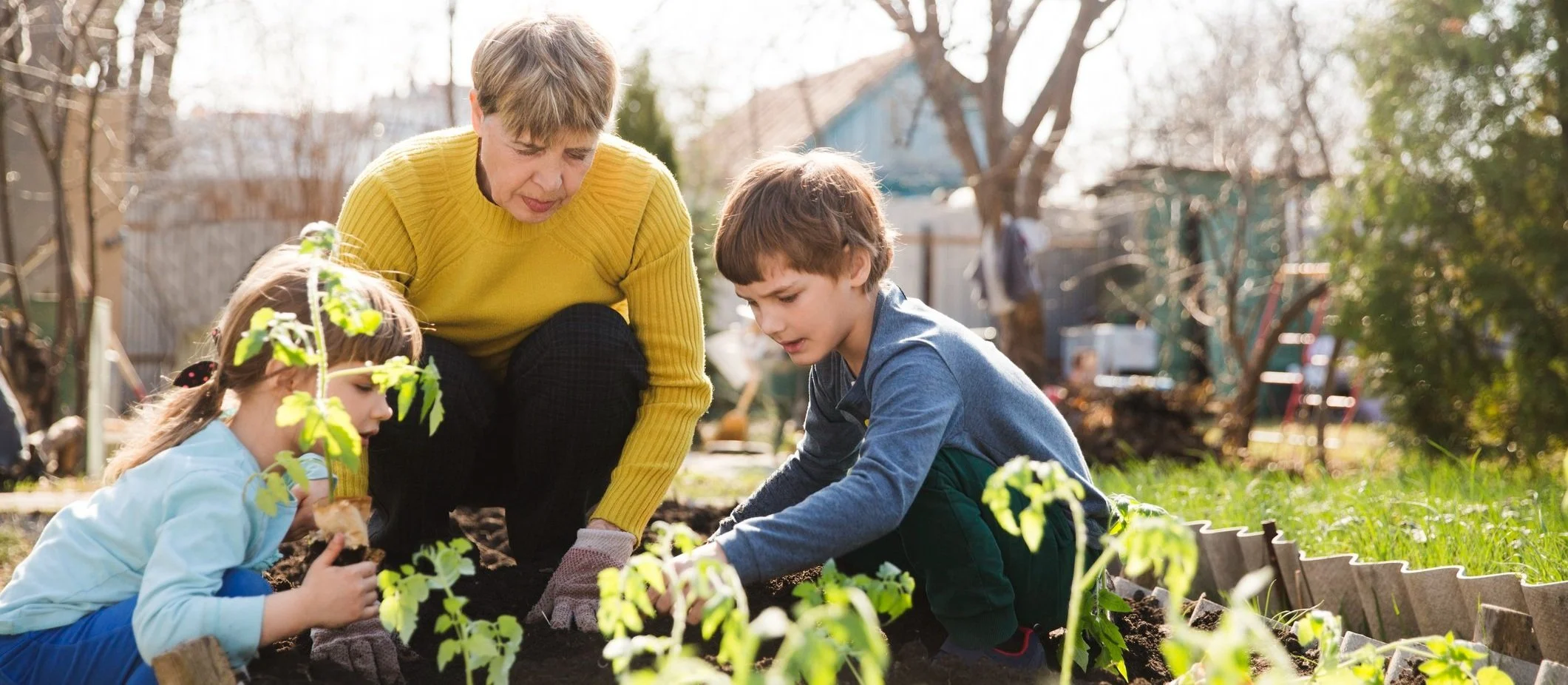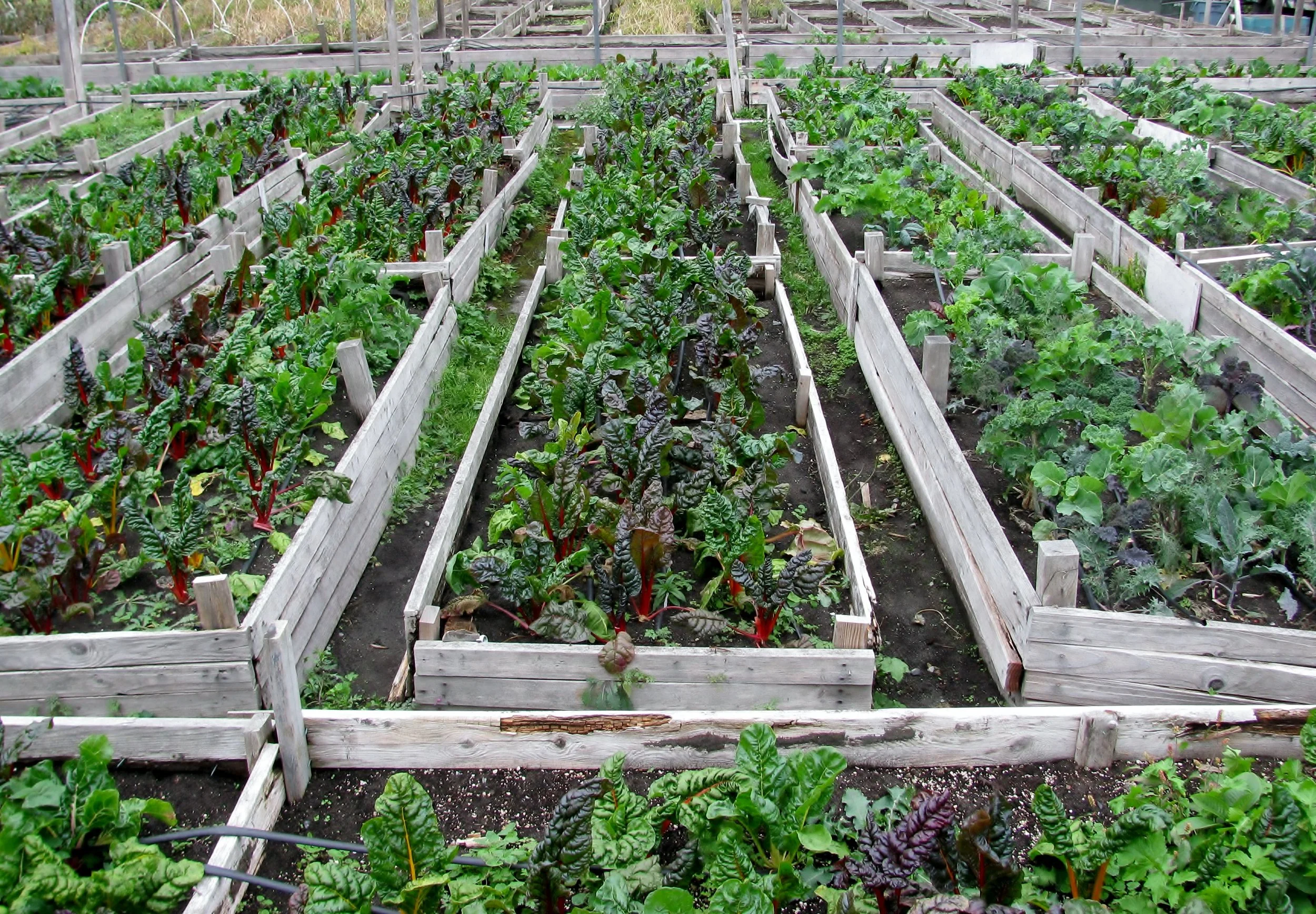Growing The Perfect COVID-19 ‘Victory Garden’
Discover > Texas Mom Blog > Growing The Perfect COVID-19 ‘Victory Garden’
Ever heard of victory gardens?
Victory gardens were grown during World War I and II by Americans to keep food on the table during shortages. It was a government backed initiative to encourage and advise fledgling farmers to maximize their backyard gardens productivity.
What the ‘victory gardens’ project did was give an angle of life and positivity in the grim times of war. It was a mode of expressing patriotism and a sense of pride to be able to serve oneself and others.
Edible Garden Plants: A Feast for Your Palate
Transform your garden into a feast for your palate with a variety of edible plants, adding both flavor and nutrition to your homegrown meals.
According to a report online, close to 15 million families planted victory gardens in 1942 and by 1944, an approximate 8 million tons of food was harvested from 20 million victory gardens.
Cultivating a victory garden meant that you had a table of fresh fruits, vegetables and grains even when the world was struggling with food production and food security. Some farming families were even able to ease the burden on the commercial ones by safeguarding the food shortages on the home front.
Grow Your Own Food: How-Tos for Every Gardener
Whether you're a seasoned gardener or a beginner, our comprehensive how-tos cover everything you need to know about growing your own food.
Today it is time for the COVID-19 victory gardens. No, not because there is a shortage of food supply just yet. But because cultivating a home garden is probably one of the best ways to get our minds off the bleak reality that is the virus.
Whether it is an apartment balcony or a backyard, starting a garden will be the perfect project to involve yourself in while in self quarantine.
So, what are the advantages of getting down and dirty in your backyard?
Firstly! It is a wonderful project to do with kids. You can literally let those energy balls loose in the backyard! Give them each a spade and allow them to dig away!
There are very few activities that achieve what gardening can -the measurable impact on an active lifestyle, like reduction in body mass index. Decrease in depression and then the overall feeling of contentment. Gardening is also an excellent way to boost your vitamin D supply while staying indoors.
The entire process of preparing the soil, planting the seeds, (how long do seeds last?) tending do the newly growing plants and watching them bear fruit will give you a feeling of triumph and ‘victory’, something we could all use at this moment.
If you can be successful at it, you will have a supply of home grown, organic and healthy produce to feed your family during quarantine.
It can offset your food bill by a wide enough margin. With increasing job insecurity due to the pandemic, this is particularly important.
Best Crops for Survival Gardens
Explore the essential crops for survival gardens, ensuring a sustainable and resilient source of fresh produce for your home.
The pandemic seems to have started a revival of sorts, with people in their 30’s and 40’s getting very keen to start or restart their kitchen gardens. Seed sales for edible plants have gone up by 30 to 40% which has been unheard of till now. There is a newly discovered need to be as self-sufficient as possible. Seeds for lettuce, cucumber, tomatoes and carrots are in hot demand.
Garden Plants: Beautify Your Space with Greenery
Enhance the beauty of your space with a selection of garden plants, each bringing a touch of greenery and natural charm to your surroundings.
For those of you looking for a quick guide to get your home garden up and running, consider the following tips:
Weed Out Those Weeds
Weeds love soft moist soil, so spring rains give them ample opportunity to grow. Manual weeding is by far, the perfect method to get them out. Pull out the entire root system of the weed for best results. Wet soil is always ideal to uproot weeds.
Compost Your Waste
Don't go out to dispose off your weeds. Instead dig up a compost pit and add all your organic wastes- fruit and vegetable peels etc. in. It will make for nutritional matter for your garden.
Planting Guide: Tips for Successful Gardens
Follow our planting guide for valuable tips to ensure a successful and bountiful garden, whether you're a seasoned gardener or just starting out.
You Don't Need A Big Space To Grow Food
You don't really need a big backyard to grow plants. A sunny windowsill will do just fine. You can grow a variety of herbs and microgreens- cilantro, beets, radish, broccoli and basil all grow happily in small, DIY pots.
Landscaping Plants: Transform Your Landscape
Discover a variety of landscaping plants to transform your outdoor space, creating a harmonious and visually appealing landscape.
If You Don't Have Seeds, Worry Not!
You could always plant produce that gives you its own seeds. Bell peppers, green chilies, tomatoes provide you with their own seeds and also bear food quicker than others.
Vegetable Gardening for Beginners: A Step-by-Step Guide
Embark on your gardening journey with confidence using our step-by-step guide to vegetable gardening for beginners, cultivating a thriving and fruitful garden.
Make Your Own Lockdown Containers
Of course, you will need containers if you are going to plant several varieties of plants. Closed gardening shops make it tough to get our hands on pots. Get creative and use the ample time you have to make some DIY pots. Simple to make and useful for the purpose, some pot alternatives are:
Old plastic bottles: Cut plastic bottles in half and drill holes at the bottom for drainage. For indoor plants, hang it over another pot, so the drained water doesn’t fall onto the floors! For drilling the holes, a soldering iron works best, but a sharp-edged knife will do too. Be careful!
Empty egg cartons: Egg cartons are great for propagating succulents. Place one leaf in each case and only lightly mist it from the top. A soaking egg tray is a sign of over watering!
Discover a wealth of homesteading knowledge with tips and tricks to help you embark on a self-sufficient and sustainable lifestyle.
Kitchen Tools To Garden Tools
Use old ladles to make scoops and spatulas as shovels. You could rinse and refill a window cleaning spray bottles to use as a hand spray.
Explore Edible Plants for Your Garden
Dive into the world of edible plants, discovering new and exciting additions to cultivate in your garden for a delicious harvest.
Teach Your Kids Mathematical Concepts As Well As Sciences
Gardening is great for teaching pre-school and elementary aged children skills like addition, subtraction, measurements and counting. The lessons of how a seed comes to life in the right conditions is best to see practically.
Gardening not only helps cope with boredom in a productive way, but also reinforces family ties and bonding.
Remember to stay away from others while in your garden. Take all the necessary precautions to stay safe and have fun!





